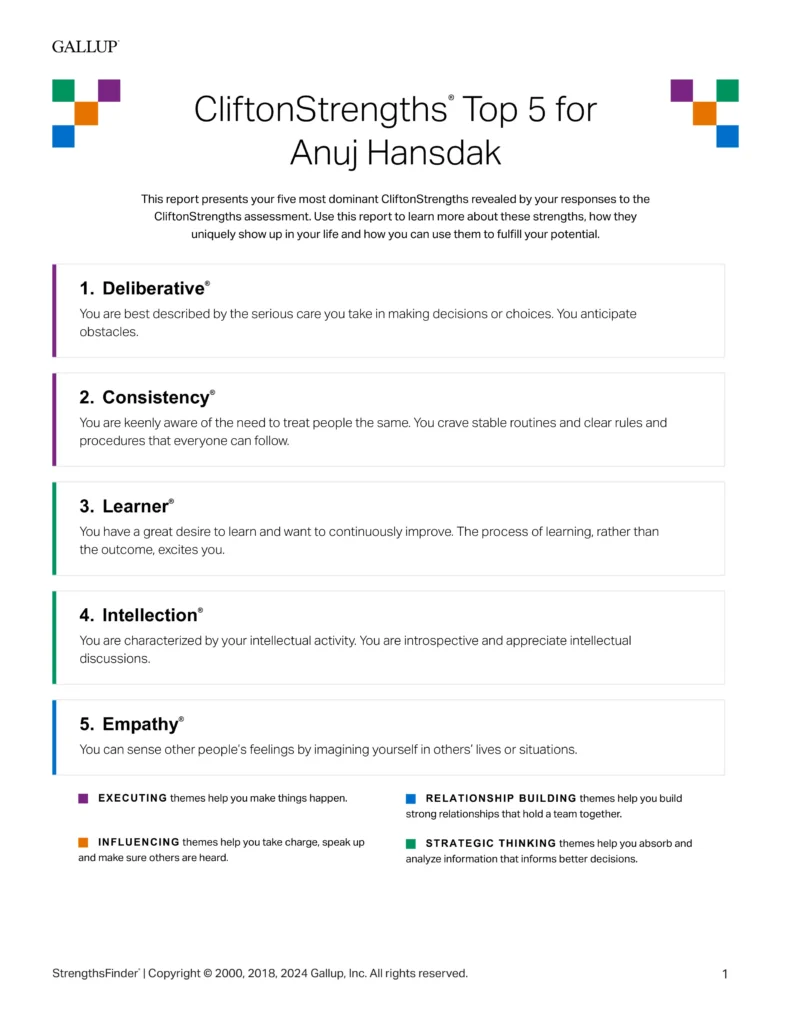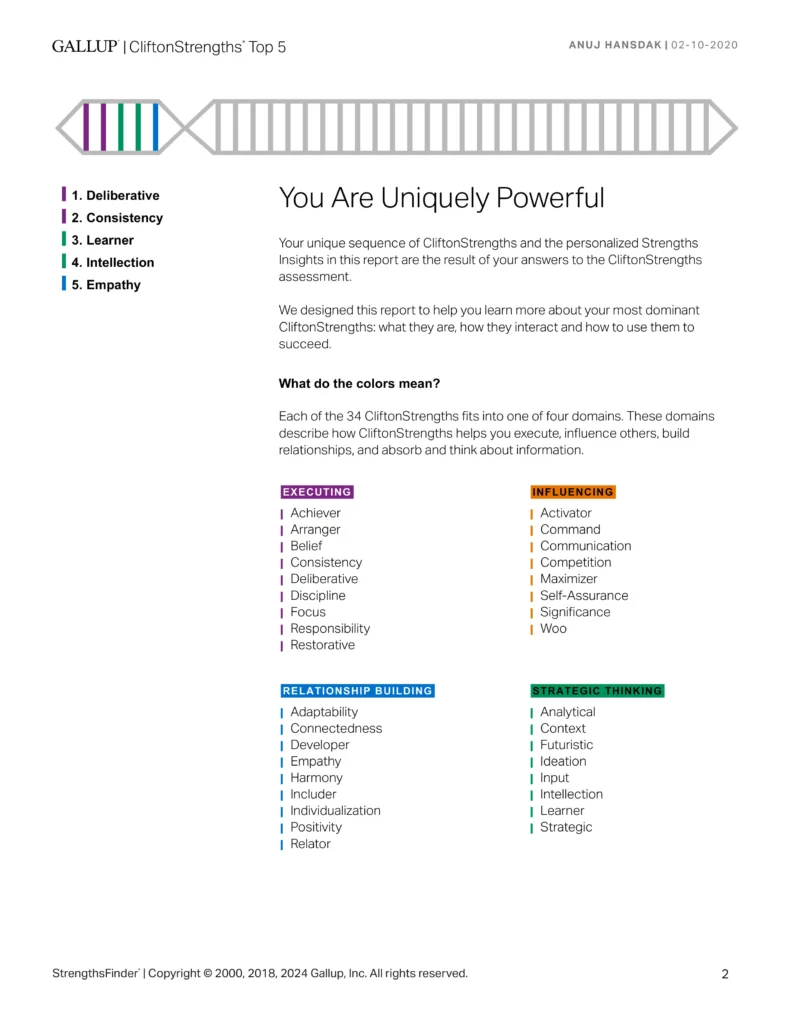
God makes no mistake — Only the world perceives you as “weak” or “strong”
Don’t scroll without reading this:
A couple of months ago, some of my cousins and I went to visit my cousin’s new baby, her second child. We weren’t able to be with her during the birth, so we decided to visit while we were in town. The baby boy was adorable, and we all got a chance to hold him. But what was even cuter was seeing his older brother, who is around 4 years old, wanting to hold his little brother just like everyone else.
“Maa, I want to hold him too,” he demanded.
We could see the eagerness on his face.. He wanted to hold his little brother just like everyone else. Why? Simply because everyone else was doing it, and he wanted it as well, to hold this tiny bundle of joy in his arms, which he did under the careful observation of his grandmother.
We were both anxious and joyful at the same time, seeing him hold his little brother, only a couple of months old.
As we were discussing and talking someone made an observation — this boy, the older of the two, would be a stud, when he grows up.
“He’s too outgoing, he’ll pukka grow up to be an extrovert,” my other cousin said, laughing.
I nodded my head in agreement and contributed my share of observation: “He’s very athletic. “I think he’s gonna be very popular in school.”
“He has a strong personality,” I added, after a pause of about a few seconds.
Later as we were going back to our respective homes, sitting in a cab, I thought to myself, why did I even utter those words — that he has a strong personality.
Two months later, as I recall that incident, this question still lingers in my head — what makes for a strong personality?
Does it mean that a child who is not an extrovert or athletically gifted, a weak personality?
Valid question right?
Not everyone is an extrovert nor is everyone going to be athletically gifted. Grandmaster Vishwanath Anand, for example — by “our definition” of weak and strong personalities, would you say that he’s a weak personality?
Confusing right?
The whole world knows Vishwanath Anand for his soft demeanor, brilliance, strategic thinking and accomplishment in chess.
So what makes for a “strong” or a “weak” personality so to say? And do they even exist?
Here’s another example from the game of cricket:
During India’s tour of Australia in 2020 – 21, which India won 2-1, nobody gave our boys a chance, especially more so after India lost the first match of the series embarrassingly! The Indians were bundled out for 36/9 in the second innings, the lowest ever test inning score for India. Australians went on to win that match easily!
As if having lost that match embarrassingly wasn’t bad enough, India went on to lose 6 other key players to injuries, before the 4th and the final test match at Brisbane, Gabba — Virat Kohli, Prithvi Shaw, Jasprit Bumrah, Umesh Yadav, Wriddhiman Saha and Hanuma Vihari.
This meant one thing — that India would have to pitch in their second choice team at the Gabba, Brisbane, a fortress no team had ever breached before in the past 32 years or so…
Most of the new players coming in were uncapped in test cricket:
- Shubhman Gill and Mohammad Siraj made their debuts in the second test match.
- Navdeep Saini made his debut in the third test match while Natrajan and Washington Sundar made their debuts in the 4th and final test match.
Without getting much into the details of that series, long story short, India went on to conquer the Gabba fortress, dramatically, against all odds, much to the surprise of the cricketing pundits. But this wasn’t the best part of the series!
Read on, it gets really interesting from here:
To me the best part of that series was the previous game, the game before the Gaba. Gabba was just the icing on the cake!
The banter between Ravi Ashwin and Tim Paine, the Australian captain:
But before that let me quickly go back to what I was talking earlier about “weak” and “strong” personalities. This is the part I was trying to articulate:
Aussies are known for their ‘hard’ brand of Cricket. India, not so much. In the final moments of the third test match, a game which the Aussies could have easily won, they realized that the Indians had pulled off a blinder to draw that game.
- Tim Paine: Can’t wait to get you to the Gabba, Ash!
HoooHooo (more sledging and mocking from the fellow Aussies)
- Ash: Just like we wanna get you to India, that’ll be your last series!
- Tim Paine: Maybe, but you were selected here as well. At Least my teammates like me (Trying to imply that Ashwin wasn’t favored by the Indian management).
- Tim Paine: Tell me when you are done. I can talk to you all day.
- Tim Paine: Can’t wait to get you at the Gabba pal.
Coming back to “weak” and “strong” personalities, well, Ashwin isn’t someone you’d call a “strong” personality. Neither is he someone who is athletically gifted. But he is definitely a fantastic spin bowler and a decent batsman who can sometimes wag his tail long.
And most importantly, he’s someone who carries a very calm and a mature head: Remember, that game, in the penultimate over of the T20 World Cup match between India and Pakistan, which India could have lost?
Forget about bowlers, the way Ashwin left that wide ball, not many proper batsmen could have done that, what he did!
You see where I’m getting to?
Be authentic to yourself — Everyone of you is unique!
You don’t have to have a “strong” personality, as the world defines it, to win in life.
Rahul Dravid once joked in an interview about “aggression” in cricket.
He said, people often ask me why I’m not “aggressive” like Virat. He replied, “I think the game is still about performance.”
“And let’s not take that away from say someone like Virat Kohli just because you know he’s in your face.”
And he is.. That’s his personality, you know..
That’s what gets the best out of Virat.
People have asked me, why didn’t you behave like that?
But actually that’s what got the best out of me (batting in a calm and composed manner)”
He further added, “I’d have been inauthentic to myself if I had tried to put tattoos and behave like Virat!”
You know in the end, I think, one of the important things is to be authentic to who you are ..
And that’s who Virat is because that’s what gets the best out of him.
So, for example, you know like, I’m always quiet sometimes amazed you know especially before an Australian series you will find Virat saying the most outrageous thing and I like read the newspaper and cringe at times.
But then I think back, maybe he actually wants that contest, he wants that little bit of lip on the field because that gets the best out of himself.
Now that might not be everyone’s cup of tea. But in the end of the day he’s got to do what gets the best out of him!” (Bangalore Literature Festival, 2017 Brut India.)
The point I am trying to make is that there is no “right” or “wrong” temperament when it comes to work or profession.
What’s important is that you find a career that aligns well with your natural abilities. A lot many times, we take up jobs we are not naturally good at and later cry how bad our jobs are.. This should not be!
To be successful, you got to take up jobs that you are naturally good at and only then you’d increase your odds at winning in life.
(If you don’t know what your natural strengths are, I have recommended a book at the end of this blog to guide you. Don’t miss the section titled – Work on your own natural strength).

God makes no mistake — Only the world labels you as “weak” or “strong”
You know when God created you, he created you with a unique combination of personality and traits. But we often underestimate how unique each one of us are. When a child is conceived in the mother’s womb, the DNA from the father and mother combines in an infinite number of ways to form the baby, and that includes not just the color of hair or skin but also the personality of the child he or she will grow up to be..
Scientists say that the likelihood of anyone being born just like you is 10 to the 2,400,000,000th power — Yesss, that’s the number!
To put that into perspective, if you were to write that number on a piece of paper, with each zero being an inch wide, you’d need a strip of paper that’s 37,000 miles or approximately 5600 Kms long.
That’s how unique each one of you are.. Read that again!
He made some introverts, others extroverts. He made some who love routine and those who love variety. He made some thinkers, and others feelers. Some people work best when given an individual task while others work better with a team (Purpose Driven Life, Rick Warren).
There are all types of personalities and natural temperaments:
- Ajinkya Rahane is a melancholic (Perfectionist, dedicated and thoughtful)— He’s a very calm person and has a reflective nature.
- Gautam Gambhir is choleric (Determined, strong willed, assertive) — He often led his team with a no nonsense, assertive approach.
- Mahendra Singh Dhoni is a phlegmatic (Calm, balanced and composed) — Captain cool is known for his unflustered, strategic decisions on the field.
- Yuvraj Singh is a Sanguine (Charismatic, outgoing, energetic) — Known for his larger than life persona, he along with Gautam Gmabhir helped India win the T20 and one day world cups in 2007 and 2011 respectively.
I, for example, am an introvert. But for a very long time in my life, I thought introversion was a weakness, until I read Quiet by Susan Cain, where she spoke about how introversion was a personality trait you were born with and how it was not a weakness. In Fact one-third of the people we know today are introverts (Susan Cain).
This knowledge that “it’s absolutely normal to be an introvert” liberated me!
“You shall know the truth, and the truth shall set you free”
John 8:32
People think that just because I am quiet and calm, I lack confidence. I’m sure, there are others like me who echo the same frustration, Ambati Rayudu, for instance …
In a podcast with Ranveer Allahabadia, Rayudu had said “just because I am quiet, people think that I lack confidence… that’s some stupid logic.”
(This was in reference to the 2019 World Cup where Ambati Rayudu was touted to be the first choice no. 4 batter in the final squad but was not selected due to some ‘stupid logic.’ India eventually lost to New Zealand in the semi finals)
- Ranveer: Do you think that because you’re an introvert and you didn’t gel with like everyone very very openly that could have played a role?
- Rayudu: No, not really …. that’s not an issue yeah maybe sometimes you know this especially that that team management they thought just because I was calm quiet (and) I was always to myself they thought maybe I was not too confident. That’s some stupid logic you know these guys come up with sometimes… how can you judge somebody’s confidence just by looking at him…? that is, you know, the typical mindset a few people carry.
- Ranveer: You think you got judged wrongly?
- Rayudu: All my life!
- Ranveer: All you life?
- Rayudu: Yes, all my life.
God makes no mistakes — Only the world perceives you as “weak” or “strong.” When India lost that match, we all felt, had Rayudu played that game, India would have certainly won, given the great form he was in. But the team management pushed the issue under the rug stating that the chances they took could have gone either ways, but the most logical and objective sense would have been to put faith in a player who had consistently performed for India, which they didn’t based on their perceived “weakness” of Rayudu..
By the way, he’s that same Rayudu who played that quickfire knock of 19 runs off 8 balls at a crucial stage in the IPL 2023 finals to help CSK lift the 5th IPL title!
Ambati Rayudu was in no way a “weak” personality as the Indian team management saw him.
And just as Rahul Dravid said: in the end what is important is that you be authentic to who you are. Be your own version. Don’t copy people. Just because someone is a particular way, doesn’t mean you too have to be like them. There’s only one Virat, there’s only one Dravid and there’s only one __________ (put your name). So be your own natural self!

Work on your own natural strength
There was a study done by Gallup, where he conducted workplace surveys and interviews of millions of people over a span of more than 30 years..
Here’s what he discovered:
People spend a lot of time trying to improve their weaknesses. They believe that if they fix what they are not good at, they will be successful.
I understand you need to work on your presentation skills or communication to be good at it or to get a promotion. But Gallup isn’t talking about these kinds of weaknesses. What he is essentially saying is that if you don’t invest your energy into something that you’re naturally good at, chances are you won’t do well in life.
For example, just imagine if Vishwanath Anand tried to build a career in Cricket by ‘working hard.’ Would he have achieved success in life?
Or MS Dhoni, for example, if he had listened to his dad and continued being a TTE in Kharagpur railway station, would you have known who MS Dhoni was?
Many times, we take up jobs we are not naturally good at and later cry how bad the bosses are..People do it for the sake of money, or prestige or look at people in a profession that they are successful in and try to emulate them.
That particular management job may be a good fit for that person, but is it good for you? The question is, are you naturally good at management?
When I started my career, I took up a job working for the government. Even though I I was good at what I did, it was not something I was ‘naturally’ good at.
I didn’t enjoy being on the phone constantly working on large data excel sheets.
In my first two years, I knew I had to get out. But it took me a good two and a half years to figure out what I wanted to do in life.
I made a list of all that I was good at or enjoyed doing — sports, music, arts, community service, writing etc etc — things that brought me life! At one point I even contemplated building guitars!!!
I did everything I could in my capacity but did not find the right job for my interests.. After all, how on earth was I to make a career in building guitars?
Right around that time, a good friend of mine gifted me a book — Gallup’s Strengths Finder by Tom Rath.
It’s basically a book containing a list of all strengths identified by Gallup over a period of more than three decades. The book comes with a scratch code which you have to use online to get access to their surveys and questionnaires.
The questions/surveys are basically on:
- Paired comparisons, like “I like to take charge of situations” or “I prefer to be part of a team rather than leading.”
- Degree of agreement, like “I am always looking for new ideas.” or “I prefer sticking to tried-and-true methods.”
- Behavioral preferences, like “I feel energized by challenges.” or “I seek balance and harmony in my daily activities.”
- Motivational insights, like “I am motivated by achieving tangible results.” or “I am motivated by helping others succeed.”
- Relational focus, like “I enjoy getting to know people deeply.” or “I prefer to work independently and focus on tasks.”
- Strategic thinking, like “I focus on the big picture when solving problems.” or “I am detail-oriented and like to address specifics first.”
- Execution delivery, like “I am disciplined and organized in my work.” or “I rely on inspiration and creativity to finish my tasks.”
(there are many more questions like these)
You have to answer each of these questions in like 20 seconds or so.. And at the end of the online test, a report is generated with your top 5 strengths (strengths that’re natural and innate to you!)
Based on the top 5 dominant strengths revealed, you have to look them up in the book to read more about them.
My top 5 dominant strengths were — Deliberative, consistency, learner, intellection and empathy.
Here’s what my report looks like:


Conclusion
To summarize, strengths and weaknesses are not about your personality. Instead, it’s about matching your natural strengths with your career to maximize success and satisfaction. For example, if you are skilled at communication, persuasion, and relationship building, a career in sales might be a good fit for you. Similarly, if you excel at numbers or analytical thinking, you might consider pursuing a career in coding or accounting. If you are physically strong and have good genetics, a career in sports or defense could be a good match for you.
Identifying and understanding your natural strengths allows you to align them with the requirements of your chosen career, maximizing effectiveness and job satisfaction. At the same time, recognizing your weaknesses doesn’t mean avoiding those areas altogether, but rather finding ways to manage or complement them by working with people whose strengths fill those gaps. This alignment, instead of forcing yourself into roles that contradict your strengths, leads to more sustainable and fulfilling career growth.
Please do share, if you found this useful. Sharing my content keeps me motivated and helps me research on such insightful topics 🙂
Thanks ✌️



